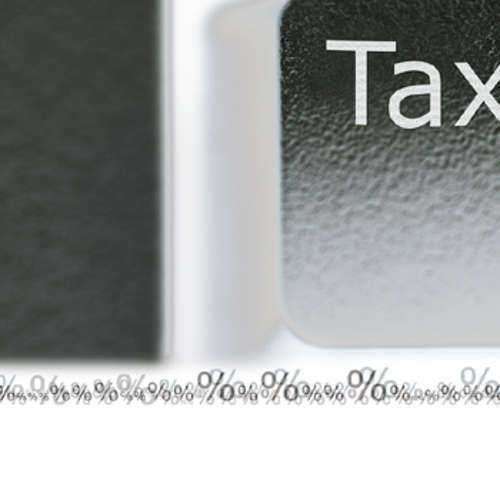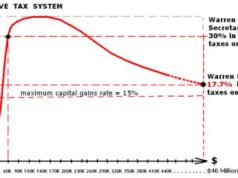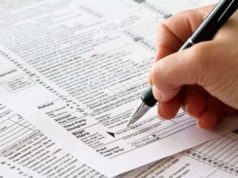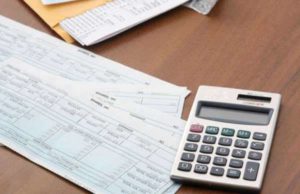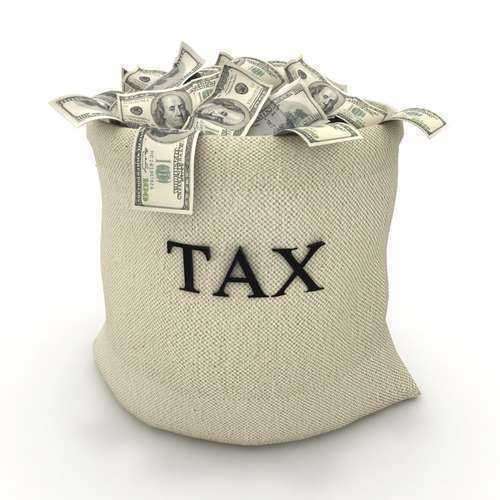
Facts about the Indian Income Tax Department
The Indian Income Tax Department is responsible for collecting income tax and enforcing tax laws across the country. It is one of the largest revenue-generating departments in India, with the responsibility of collecting taxes from individuals, corporations, and other entities. In this article, we will look at some facts about the Indian Income Tax Department.
History of the Indian Income Tax Department
The Indian Income Tax Department was established in 1922 by the British Government. It was first implemented in India in the year 1860 during the British era. The implementation of the Income Tax Act in India opened up new sources of revenue to the government. The department has been central to India’s economy for many years and plays a significant role in funding developmental projects.
Role of the Indian Income Tax Department
The primary role of the Indian Income Tax Department is to administer and implement income tax laws. The department collects taxes from individuals, corporations, and other entities, and enforces tax laws through audits, investigation, and prosecution. The department is also responsible for offering guidance to taxpayers, providing assistance with filing tax returns and refund claims, and setting guidelines and procedures for tax collection.
Structure of the Indian Income Tax Department
The Indian Income Tax Department works under the Ministry of Finance of the Government of India. The department is further divided into various zones, each headed by a zonal chief commissioner. There are also regional offices in each zone, which are headed by principal commissioners and chief commissioners. The department has a large workforce that comprises income tax officers, inspectors, and other personnel.
The Indian Income Tax Department and Technology
The Indian Income Tax Department has undergone significant digital transformation in the past few years. The department now has an extensive online platform where taxpayers can register, file taxes, and claim refunds. The integration of Aadhaar brings more transparency and convenience to the taxpayers while also improving the efficiency of tax collection. The department also uses data analytics and artificial intelligence to identify and investigate tax evasions.
Challenges Faced by the Indian Income Tax Department
The Indian Income Tax Department faces several challenges in collecting taxes and enforcing tax laws. The most significant challenge is the large population and geographical spread of the country, making it difficult to ensure compliance and prevent tax evasion. The department also has to deal with the widespread issue of tax evasion, which often involves complex structures and frauds.
Conclusion
The Indian Income Tax Department plays a crucial role in the collection of income tax and enforcement of tax laws in the country. The department is responsible for ensuring that everyone pays their fair share of taxes, and it has undergone significant digital transformation in recent years to make tax compliance easier for taxpayers. Although the department faces significant challenges, it continues to work hard towards improving tax compliance and enforcing tax laws in India.
What is the Income Tax Department
The Income Tax Department is the governing body responsible for enforcing the income taxation model in India. The Income Tax Department is a part of the Ministry of Finance and is responsible for enforcing the tax slabs in the country.
The Income Tax Department upholds the Income-Tax Act of 1961, which establishes the rules and regulations necessary to enforce the income tax laws of India.
The Income Tax Department institutes a direct taxation to the population of India. Direct taxes are the primary source of revenues to the central government of India; the taxable revenue of India has grown at an average annual rate of 24% in the last five years. The Income Tax Department is responsible for building the nation through the implementation of the progressive tax policy.
The levy is and the revenue achieved through enforcement is delivered through a medium which aims to enable a policy environment and augmenting the revenue-generating apparatus for an optimum revenue collection, while maintaining taxpayer confidence in the overall system. In general, the Income Tax Department of India aims to formulate a progressive tax policy, while enforcing tax laws on its citizens with fairness.
Additionally, the Income Tax Department employs thousands of customer service agents who strive to deliver quality service and continue to work to upgrade their skills in the hopes of building a polished and professional workforce.
Incomes taxes in India are collected based on the major tax enactment in India—the Income Tax Act of 1961. This act, which was passed by India’s parliament, imposes a levy on income of individuals and corporations. This Tax Act imposes a levy on the income for the following five heads: all income from house and property, all income generated from business and profession, income obtained through payments or salaries, income in the form of capital gains and income generated or obtained from other sources.
This Act; however, was repealed and replaced with a new act which consolidated the law relating to Income Tax and Wealth Tax. This new act, which is called the Direct Taxes Code, is set to take form on April 1 2011.
Based on the Income Tax Act of 1961, a tax on income is levied on corporations and individuals, the rate of taxes are prescribed each year by the Parliament in the Finance Act. The rate of tax for individuals is divided by the aforementioned categories and a surcharge of 2.50% of the total tax liability is applied in case the Payee is a Non-Resident or a Foreign Corporation, where the income exceeds Rs 10,000,000.
The Central Board of Direct Taxes, which is a subsidiary of the Income Tax Department, is the statutory authority functioning under the Central Board of Revenue.


